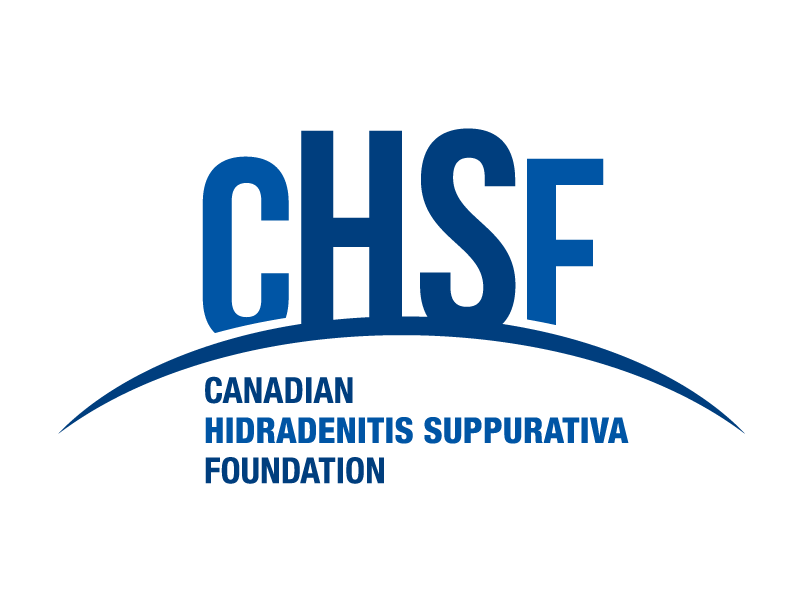Hidradenitis suppurativa (HS) is a debilitating, chronic inflammatory skin condition that presents a slew of challenges to the healthcare community, both in terms of management and understanding its complex pathophysiology. The situation is further complicated when dealing with the concept of comorbidities, or concurrent health conditions, that frequently accompany HS. It’s a complex landscape to navigate, with implications that reach far beyond skin health, impacting patient’s overall well-being and quality of life.
As we navigate through the complex terrain of Hidradenitis Suppurativa comorbidities, this knowledge becomes an essential tool for clinicians, patients, and caregivers alike. It illuminates the path towards not just managing HS, but also striving for overall health optimisation, ensuring that patients can live their best lives despite their diagnosis. Understanding is, after all, the first step towards effective action.

Comorbidities of Hidradenitis Suppurativa:
1. Metabolic Syndrome and Related Conditions
Metabolic syndrome is a cluster of risk factors, including high blood pressure, high blood sugar, excess body fat around the waist, and abnormal cholesterol levels, that increase one’s risk of developing chronic health conditions such as heart disease, stroke, and diabetes. Research suggests that individuals with HS are at an increased risk for metabolic syndrome and its individual components.
2. Autoimmune and Inflammatory Diseases
HS is considered an immune-mediated inflammatory disease, and as such, HS patients may be more susceptible to developing other autoimmune conditions, such as inflammatory bowel disease (IBD), rheumatoid arthritis, or ankylosing spondylitis.
3. Psychiatric Conditions
The psychological burden of living with a chronic, painful, and visible skin disorder can contribute to the development of mental health conditions in individuals with HS. Anxiety, depression, and sleep disturbances are commonly reported among HS patients.
4. Polycystic Ovary Syndrome (PCOS)
PCOS is a hormonal disorder affecting women of reproductive age and is characterized by an excess of male hormones, irregular periods, and polycystic ovaries. Research has identified a potential link between HS and PCOS, with some studies suggesting that the prevalence of PCOS is higher in women with HS.
Implications of Comorbidities on Health and Quality of Life
Comorbidities in HS can significantly impact an individual’s overall health, complicating treatment approaches and potentially worsening HS symptoms. Plus, the presence of comorbidities can negatively affect mental well-being and day-to-day functioning. Therefore, understanding and addressing these additional health conditions is crucial in optimising health outcomes and enhancing the quality of life for individuals with HS.
Effective Management Approaches for HS and Comorbidities
1. Holistic and Comprehensive Care
An integrated, multidisciplinary approach to care is essential when managing HS and its associated comorbidities. Combining dermatologic, medical, and psychological interventions can help address the various aspects of HS and comorbid conditions, leading to improved health outcomes.
2. Lifestyle Changes and Disease Management
Modifying lifestyle factors, such as adopting a balanced diet, engaging in regular physical activity, and maintaining a healthy weight, can have positive effects on both HS symptoms and comorbidities. Additionally, managing stress, partaking in relaxation techniques, and maintaining proper sleep hygiene are critical steps in addressing mental health conditions.
3. Collaboration with Healthcare Professionals
Working closely with healthcare providers, including dermatologists, primary care professionals, and mental health specialists, is crucial in developing tailored management strategies for HS and comorbid conditions. Open communication and active engagement in the decision-making process are key factors in achieving optimal treatment outcomes.

Health Optimization in HS: A Path Forward
As we delve deeper into the intricate interplay of these conditions, it becomes increasingly clear that patient management strategies need to be tailored to individual needs, considering both the primary disease and its comorbidities. This understanding can help healthcare professionals devise more comprehensive and effective management plans, ultimately leading to improved patient outcomes and quality of life.
The Canadian Hidradenitis Suppurativa Foundation is a valuable resource for those seeking information, support, and community connections to help navigate the complexities of HS and comorbid health conditions. Reach out to the foundation for guidance on evidence-based research and more HS support in Canada, so you can make more informed decisions regarding your care and enable you to move towards a brighter, healthier future.
